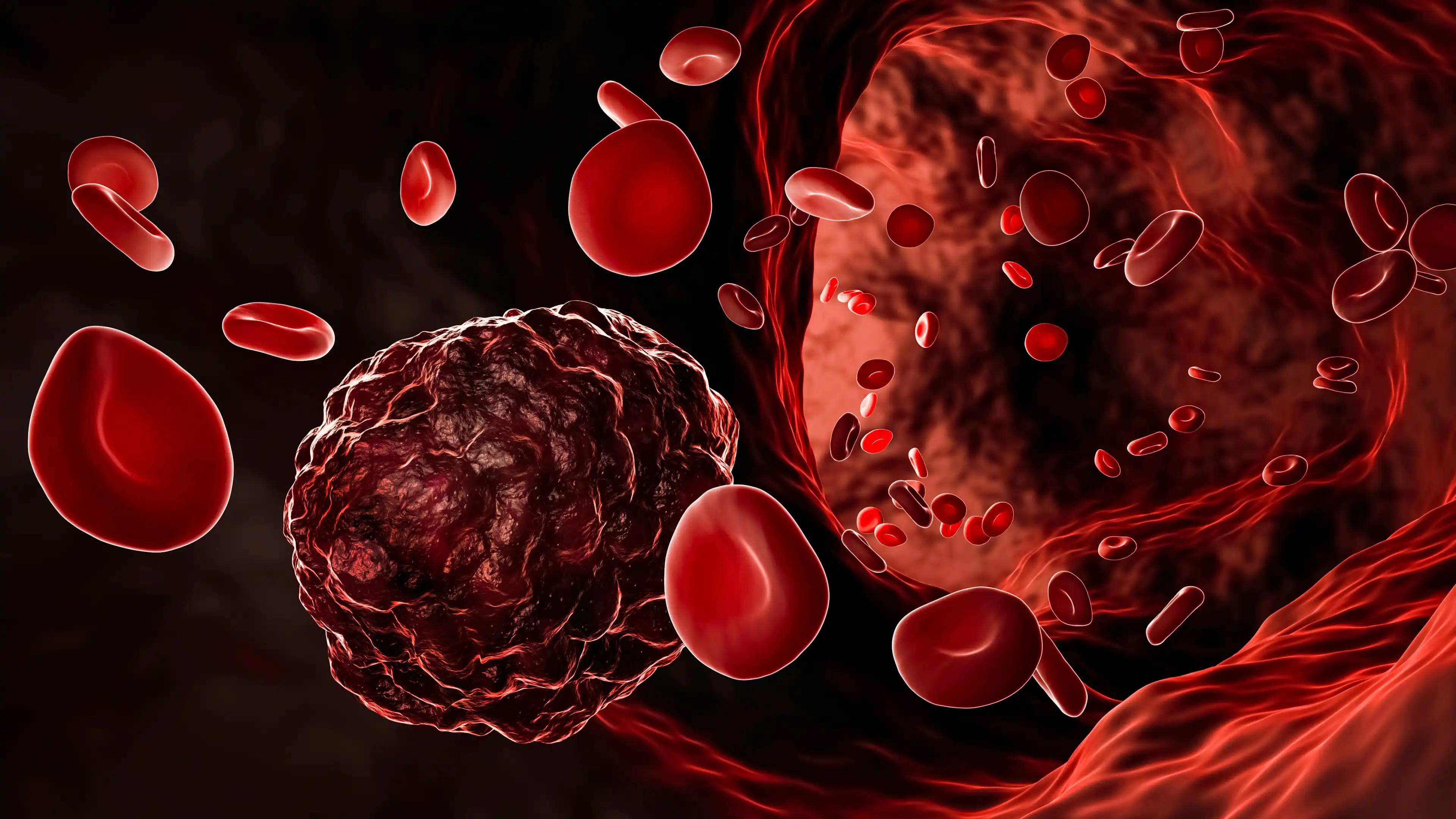KEY TAKEAWAYS
- The phase 1/2 BRUIN study shared updated results of pirtobrutinib in cBTKi pretreated R/R MCL patients with >3 years follow-up from start of enrollment.
- The primary endpoint was ORR and the secondary endpoints were DOR and safety.
- Pirtobrutinib exhibited durable effectiveness and a favorable safety profile in R/R MCL patients heavily pre-treated with cBTKi.
Pirtobrutinib is a reversible BTK inhibitor (BTKi). This phase 1/2 BRUIN study shares updated results of pirtobrutinib in patients (pts) with covalent BTKi (cBTKi) pretreated relapsed/refractory (R/R) mantle cell lymphoma (MCL) and includes over 3-year follow-up from the start of enrollment.
The multicenter trial administered pirtobrutinib as a monotherpay in pts with cBTKi pre-treated R/R MCL. The primary efficacy group for this trial was predetermined to consist of the first 90 enrolled pts with measurable disease, no known central nervous system involvement, and prior cBTKi treatment. The primary endpoint was the overall response rate (ORR), as evaluated by an independent review committee. Secondary endpoints involved the duration of the response (DOR) and safety.
In the group of 90 MCL pts previously treated with cBTKi, the average age was 70, ranging from 46 to 87 years. These pts had received a median of three prior lines of therapy, with 1 to 8 being the full range. Among them, 82% had ceased their previous cBTKi regimen due to disease advancement, and 78% had an intermediate or high-risk sMIPI score.
In available samples, 47% (17 out of 36) showed TP53 mutations, and 74% (25 out of 34) had Ki67 levels at or above 30%. The overall response rate (ORR) stood at 57%, with a 95% confidence interval of 46-67%, which broke down into 19% complete responses (n=17) and 38% partial responses (n=34). With a median follow-up of 13 months, the median duration of response (DOR) for the 51 pts who responded was 17.6 months, having a 95% confidence interval of 7.3-27.2 months. The estimated DOR rates at 12 and 18 months were 58% and 45%, respectively.
The median time to disease progression was 7.4 months, and the median overall survival rate was 23.5 months. In terms of safety, among the larger safety cohort of 166 MCL pts, the most frequent treatment-emergent adverse events (TEAEs) were fatigue (31%), diarrhea (22%), and anemia (17%). Neutropenia was the most prevalent Grade 3 or higher adverse event at 15%. Grade≥3 TEAE of hemorrhage and atrial fibrillation/flutter were uncommon, occurring in 3% and 2% of pts, respectively. A mere five pts (3%) stopped treatment due to treatment-related adverse events.
Pirtobrutinib demonstrated durable efficacy and a promising safety profile in heavily pre-treated R/R MCL pts with prior cBTKi therapy. The drug elicited responses even in those with high-risk disease features such as blastoid/pleomorphic variants, elevated Ki67 index, and TP53 mutations.
Source: https://clml-soho2023.elsevierdigitaledition.com/458/index.html
Clinical Trial: https://classic.clinicaltrials.gov/ct2/show/NCT03740529
Wang, M.L., Shah, N.N., Jurczak, W., Zinzani, P.L., Eyre, T.A., Cheah, C.Y., Ujjani, C.S., Izutsu, K., Ma, S., Flinn, I., Alencar, A.J., Lewis, D., Patel, K., Maddocks, K., Wang, Y., Munir, T., Zelenetz, A.D., Balbas, M., Tsai, D.E., Wang, C. Pirtobrutinib in Covalent BTK Inhibitor Pre‑Treated Mantle Cell Lymphoma: Updated Results and Subgroup Analysis from the Phase 1/2 BRUIN Study With >3 Years Follow‑Up from Start of Enrollment.



